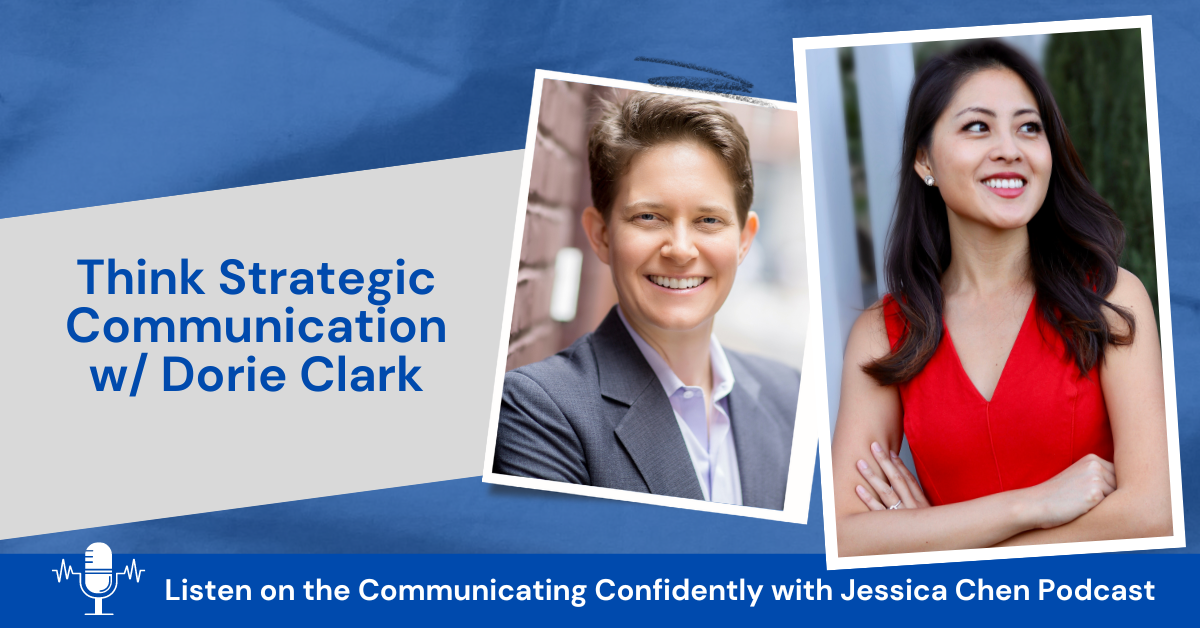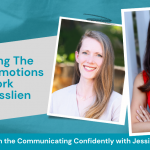Harnessing the power of emotions at work
For many of us, showing emotions at work wasn’t something we were taught how to do. In fact, most of us probably were taught to never show our emotions.
So how can our emotions help us at work? Recently, our Founder & CEO, Jessica Chen interviewed Work-focused storyteller, Author & Keynote Speaker, Liz Fosslien. They talked about how to value and navigate emotions in the workplace.
Below is a small snippet of the entire conversation held on our Soulcast Media | LIVE show. If you’d like to watch or listen to the entire interview, click below. The transcript has been slightly edited for reading ease.
📺 Watch the full live event here
🎙️ Listen to the Podcast episode here
Showing Emotions At Work
Liz—I would say two main things. One is the context in which you work. Every workplace has what researchers call an emotional culture. An emotional culture is usually unspoken, and it’s when I show up to a meeting, whether it’s in person or virtual, are people speaking over each other? Is one person dominating the conversation? What are people sharing about their personal lives? What emotions are they showing? And that will really impact what I feel safe expressing as well.
The other thing that varies across people is their emotional expression tendency. Some of us are under motors, so we just don’t express that much emotion naturally. And that’s often a product of how we were raised. It can also be what we learned was safe to express.
Some of us are over motors. This can also be cultural. And so it’s not good or bad, right?
You have to understand the environment in which you’re operating. And then also understand your natural tendency.
On What Emotions Teach Us
Liz – It’s important not to judge yourself for feeling an emotion but rather try to understand the value and what it’s telling you. Envy is a great example.
We’re often taught not to be envious or jealous. Squash that emotion, but it usually indicates that someone has something you want. It might be that person is a great mentor I want to be like them. It might be, Oh, wow, this person’s job. Maybe that’s something that I want to apply for in my next role.
So again, just an example of even these emotions we label as bad or negative. They certainly can feel challenging and feel really difficult, but there’s still usually valuable information in there if we allow ourselves to tune into it.
📺 Watch the full live event here
🎙️ Listen to the Podcast episode here
__
Whenever you’re ready, there are 3 ways we can help you:
- Discover your communications style so you know where to start. Over 4,000 people have found theirs here.
- Attend our monthly communication workshop to build communications confidence (new topics: public speaking, advocating for yourself, building credibility, etc) here.
- Get your brand in front of 43k+ people by sponsoring our newsletter or Soulcast Media | LIVE LinkedIn events [contact: hello@soulcastmedia.com]











